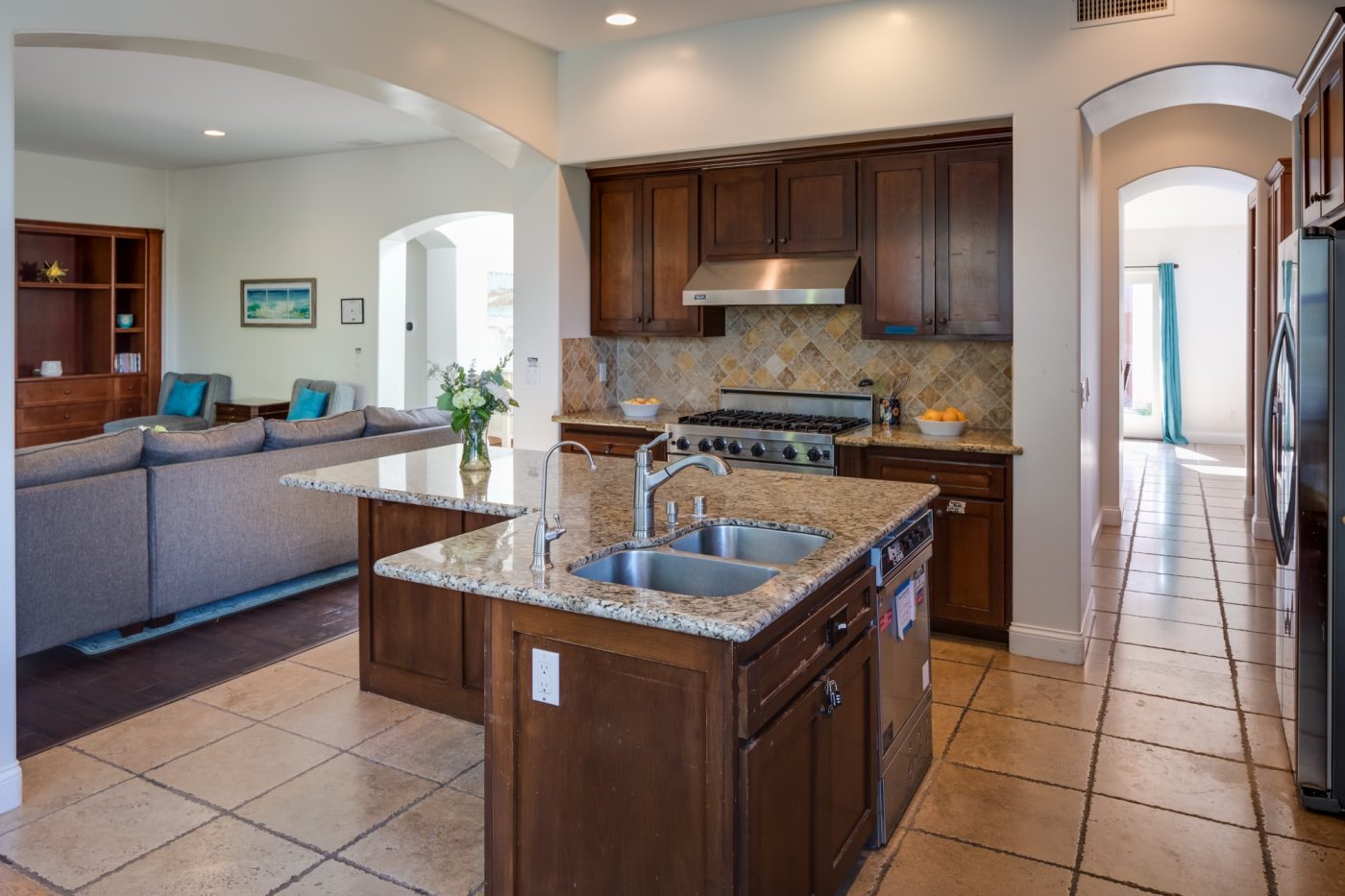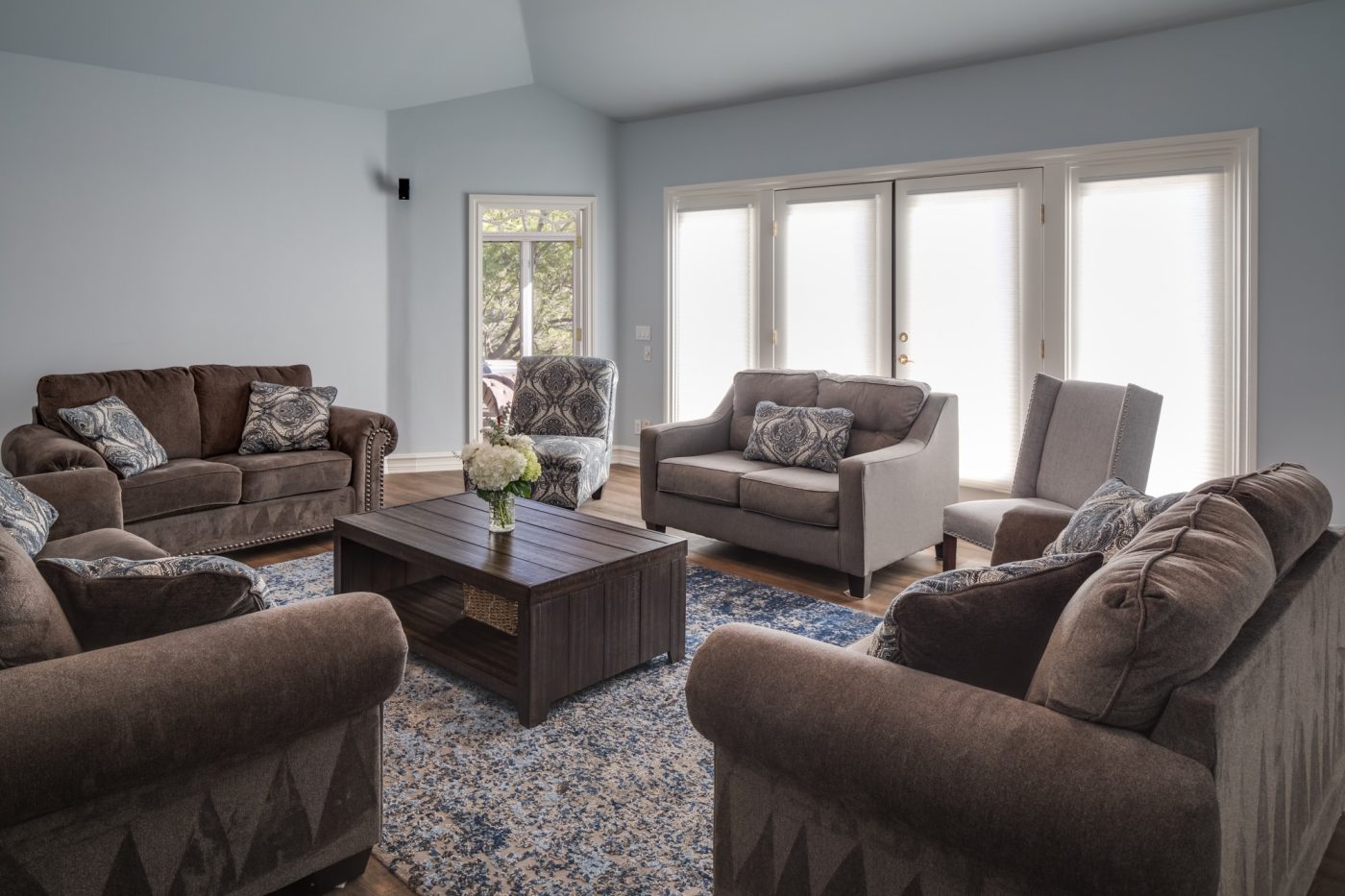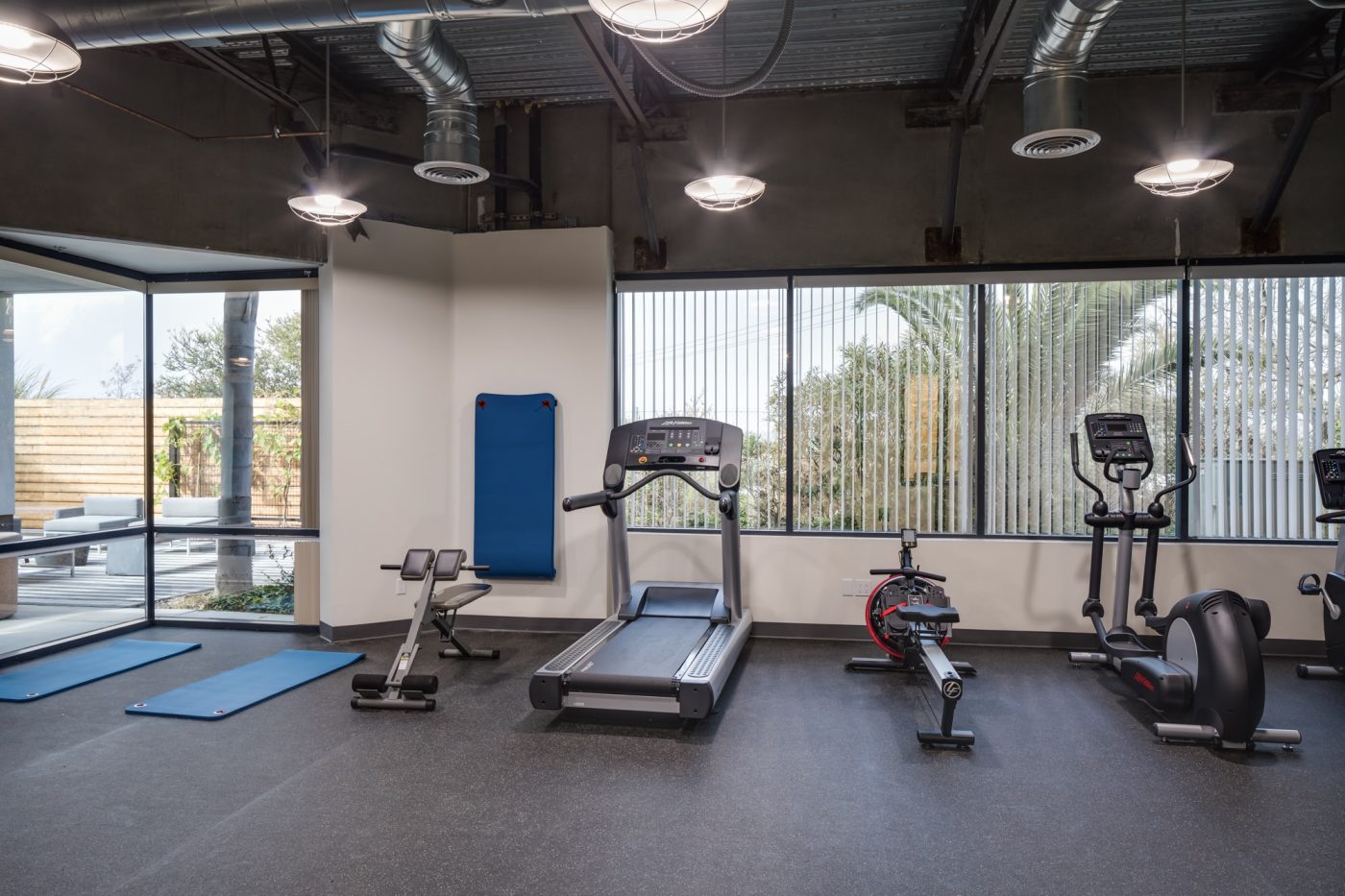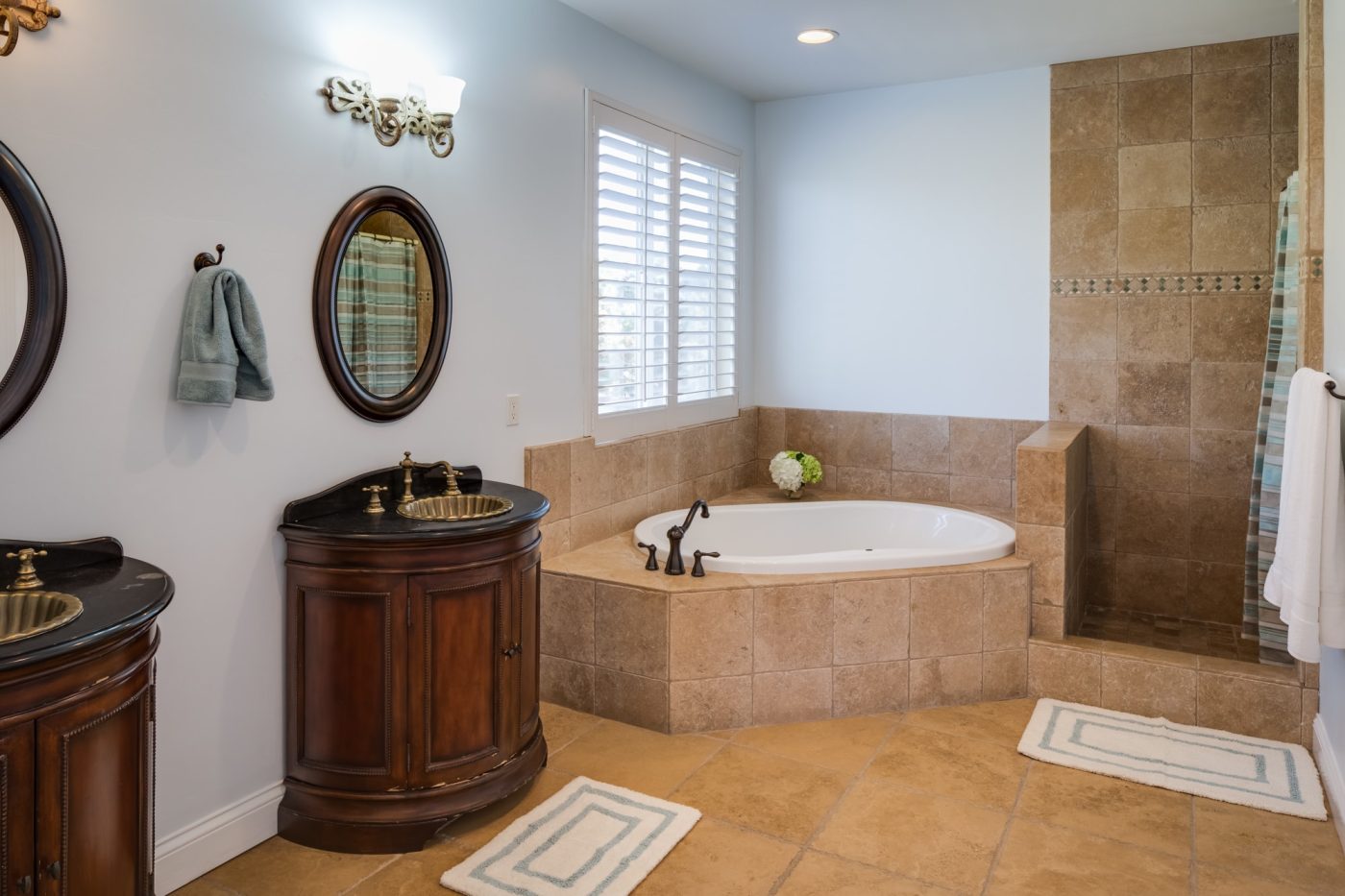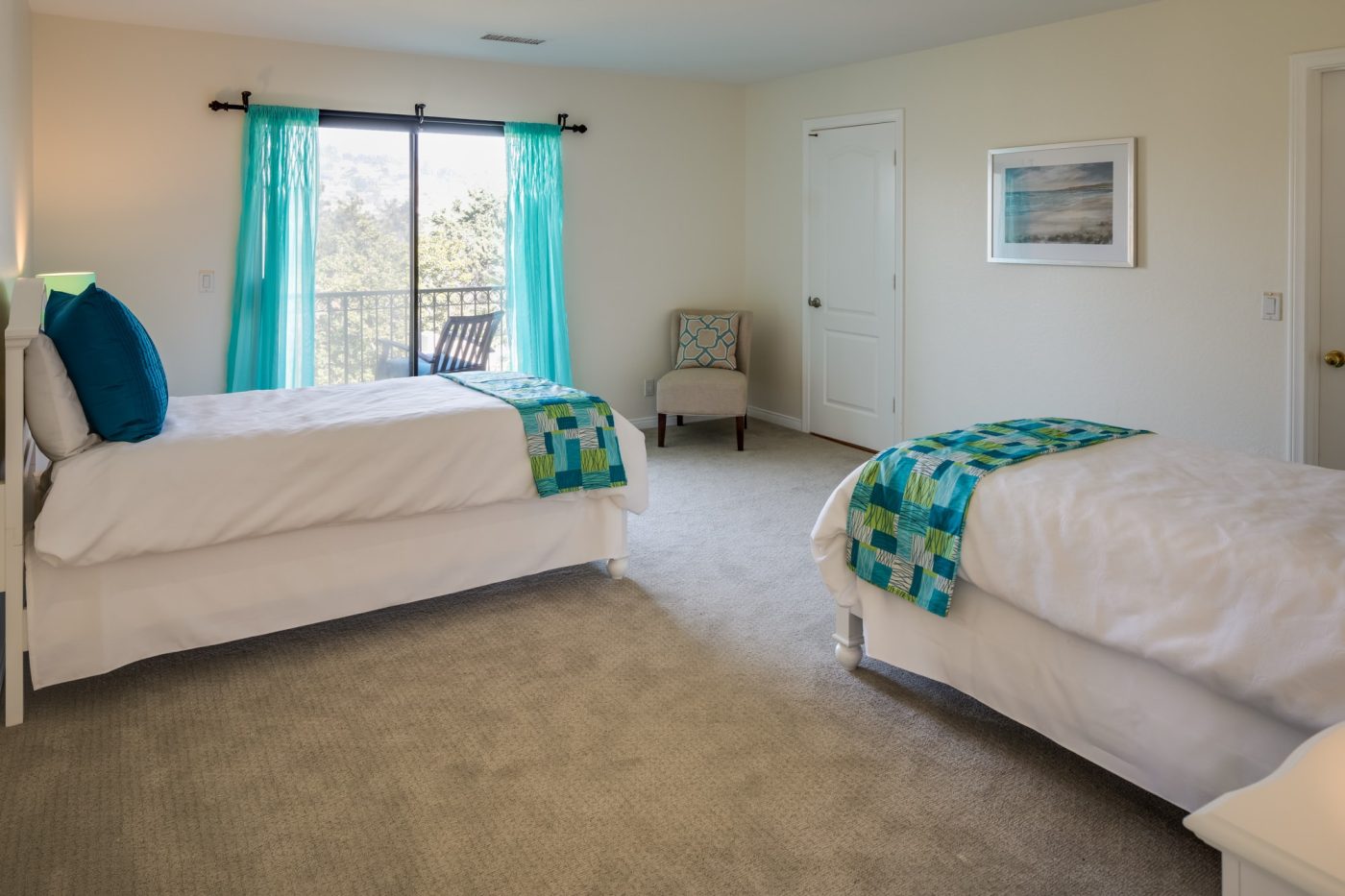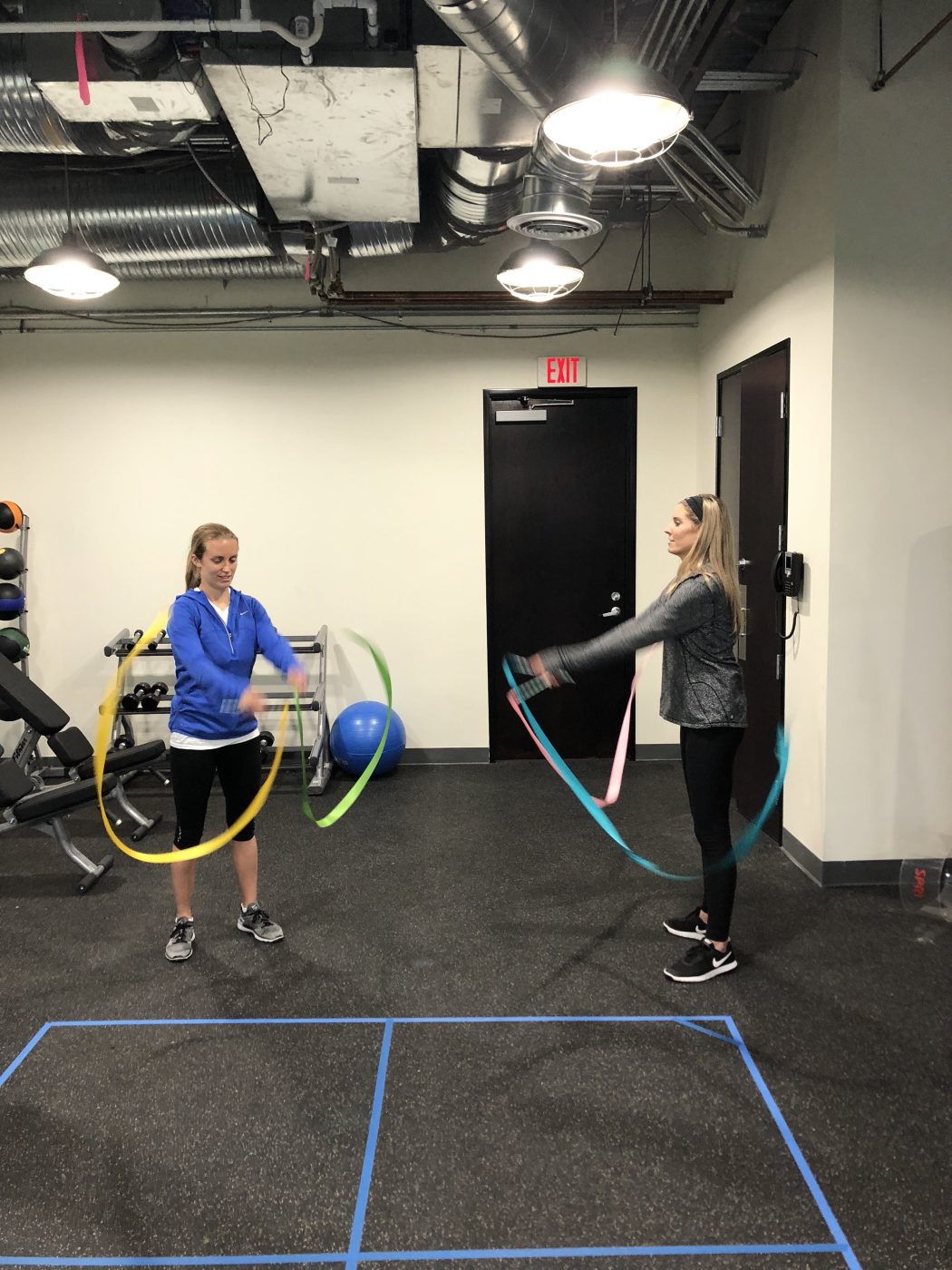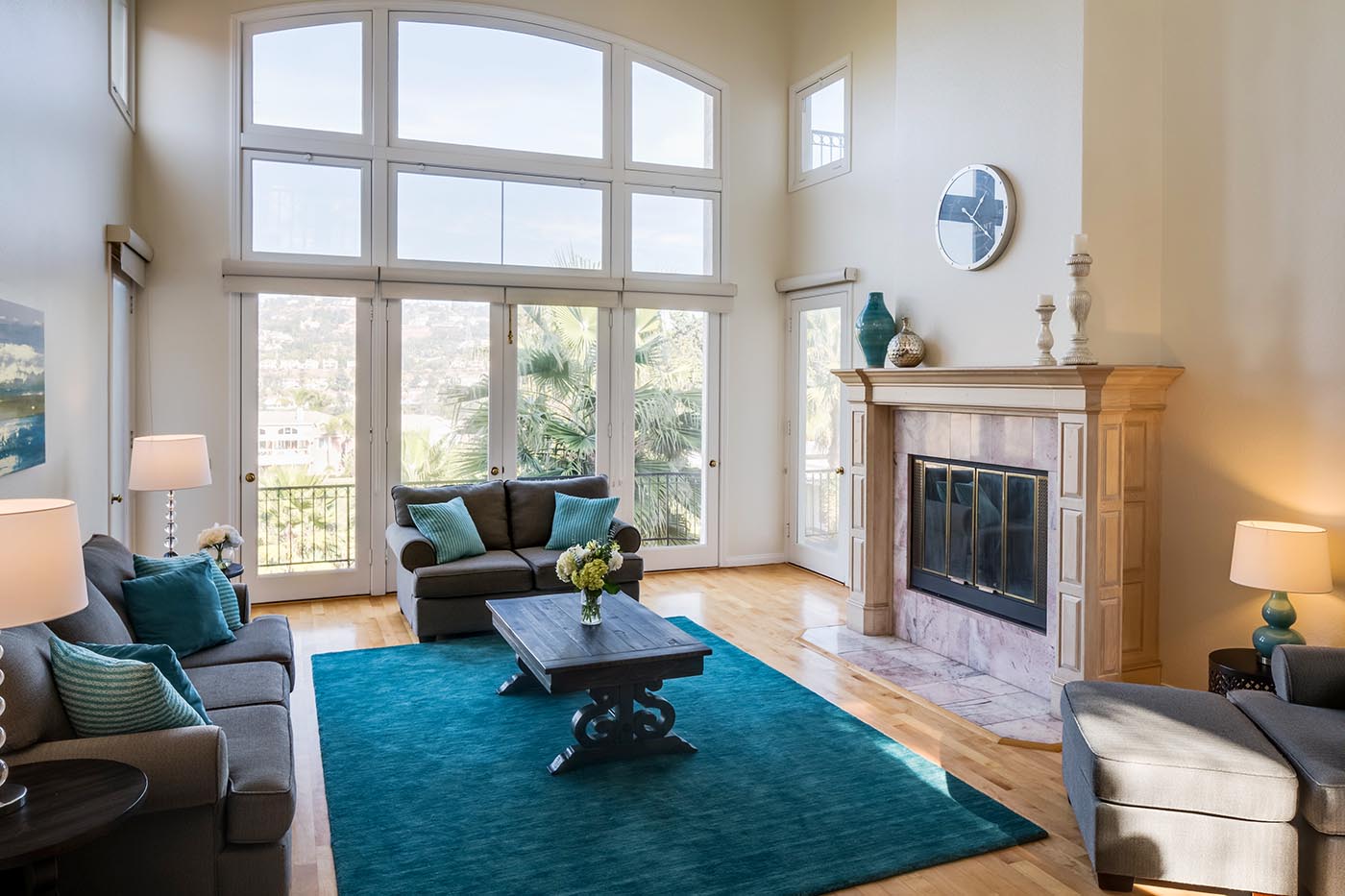When you’re struggling with an eating disorder, it can be hard to see a way out of the darkness. At Montecatini, nestled in the charming coastal city of Carlsbad, California, we are committed to helping you find the light and recognize the strength that lies within you.
About Our Adolescent Residential Program in Carlsbad, California
At Montecatini, located in Carlsbad, California, we offer a residential program for female-identifying and nonbinary adolescents ages 12-17 who are battling a range of eating disorders, such as:
- Anorexia
- Bulimia
- Binge-eating disorder
- Orthorexia
- OSFED (other specified feeding or eating disorder)
- ARFID (avoidant/restrictive food intake disorder)
Additionally, we provide support for patients who are suffering from body dysmorphia, recognizing the profound link between disordered eating behaviors and distorted body image.
The average length of stay in our adolescent program is 30-45 days, but this time frame remains adaptable to meet the unique needs of each patient.
Adolescents who participate in our residential program can benefit from personalized support, traditional therapy methods, innovative experiential therapies, and real-world applications. Through this comprehensive approach, we aim to help our patients build their emotional resilience, restore their nutritional health, and enhance their social connections.
Our Approach to Adolescent Residential Care
At Montecatini, we believe in addressing every aspect of our patients’ well-being by using a variety of therapies and evidence-based practices.
Traditional therapies and services we offer include:
- Individual therapy: One to three times per week, adolescents can meet one-on-one with a licensed therapist, counselor, or mental health technician. During these sessions, patients can talk openly about their struggles and receive personalized feedback.
- Family therapy: Patients and their loved ones can take part in weekly family therapy sessions, where skilled therapists help them
- communicate more effectively, resolve conflicts, and strengthen their relationships.
- Group therapy: Each day, patients have the opportunity to take part in three or more group therapy sessions, where they can interact with peers, build valuable life skills, and deepen their self-awareness.
- Medical care: Our medical provider, exercise physiologist, and psychiatrist can provide general health assessments and routine checkups as needed.
- Medication management services: Once a week, patients can meet with our medical provider, who administers medication and closely monitors their progress.
Group sessions, which are led by experienced therapists, are thoughtfully designed to promote spiritual, emotional, and physical healing. Patients can participate in a wide range of groups and experiential activities, like:
- Process groups: In these sessions, adolescents can share their experiences, receive encouragement from their peers, and gain insights into themselves.
- Expressive arts group: Through visual arts, writing, and poetry, patients can explore their emotions and uncover positive outlets for stress.
- Guided mindfulness and meditation: By practicing mindfulness techniques, adolescents can learn how to focus on the present moment and find inner peace.
- Somatic therapy: This type of therapy focuses on the connection between the mind and body and may incorporate techniques such as body awareness exercises, breathwork, and movement practices.
- Yoga: Two to three times a week, adolescents can participate in yoga sessions, where they can build physical strength, improve flexibility, and achieve mental clarity.
- Self-empowerment groups: Therapists facilitate discussions on self-esteem and body image, empowering adolescents to embrace their unique qualities and fully accept themselves.
- Nutrition education: Through nutrition education, which includes topics like metabolic rate, food safety, intuitive eating, portion sizes, and the impact of food on mood, patients can form better eating habits and improve their overall well-being.
- Outings with a dietitian: Adolescents have the opportunity to apply their nutrition knowledge in real-world settings, such as grocery stores and restaurants. These outings allow them to practice making informed food choices and budgeting for groceries.
- Group dinner planning: Patients can work together to plan and prepare balanced meals. By exploring new recipes, learning cooking skills, and practicing teamwork, they can create a more positive relationship with food and others.
Additionally, depending on their specific needs, adolescents may engage in evidence-based practices, such as:
- Cognitive behavioral therapy (CBT): Adolescents learn how to identify and alter negative thoughts and behaviors so that they can better adapt to daily stressors.
- Dialectical behavior therapy (DBT): Through DBT, patients can learn how to manage overwhelming emotions and improve their interpersonal skills.
- Acceptance and commitment therapy (ACT): Adolescents are encouraged to accept their thoughts and feelings and make choices that align with their personal values.
- Exposure therapy: Patients confront and manage their food-related fears, which helps them feel less afraid over time.
Through this holistic approach, we strive to help each adolescent overcome their struggles with an eating disorder and thrive on their personal growth journey.
Features of Residential Programming for Eating Disorders
Residential programming can be a good option for individuals who are medically stable but require intensive, ongoing support to achieve healing. Key features of residential programming for eating disorders include:
- 24/7 care: Patients have constant access to trained professionals, who can provide immediate and effective support.
- Nonhospital setting: Unlike institutional settings, residential programs offer a homelike atmosphere, allowing patients to feel comfortable during their stay.
- Structured scheduling: Individuals who receive care in a residential setting can benefit from a structured daily routine, which can help them establish consistency and stability.
- Various therapy methods: An expert team uses a wide range of therapies to promote long-term healing and behavioral change.
- Peer support: By living with others who are facing similar struggles, patients can form friendships and find a sense of belonging. Through support and encouragement, peers can help each other heal and regain hope.
- Focused environment: Being in a residential setting allows patients to fully immerse themselves in their healing journey without the distractions and stresses of daily life.
Why Choose Our Adolescent Residential Program in Carlsbad, California
At Montecatini, we’ve carefully crafted our residential program to meet the unique needs of adolescents who are struggling with eating disorders. When your child participates in our program, they can:
- Receive comprehensive medical and therapeutic support
- Engage in group sessions where they can build meaningful connections
- Develop a better relationship with food and their body
- Work closely with our team to set and achieve goals
- Learn essential information about nutrition and healthy living through interactive educational sessions and hands-on activities
- Gain vital skills for managing stress, making informed decisions, and navigating daily challenges with resilience and confidence
- Live in units with other adolescents who empathize with their journey
Additionally, our houses are located in Carlsbad, which is known for its stunning beaches and coastal charm. During supervised outings, your child will have the chance to explore the lively local culture and enjoy the ocean’s calming presence.
When you choose Montecatini’s adolescent residential program for your child, they can receive expert care, become part of a welcoming community, and experience the healing power of Southern California’s scenic surroundings.
Beginning the Path to Healing at Montecatini
If you’re ready to help your child begin the path to healing, please call us today. We will connect you with an admissions specialist who can guide you and your child through the admissions process.
Here’s what you can expect:
- Detailed assessment: An admissions specialist will collect information about your child’s background and circumstances. We may also request their medical records.
- Case review: Our team will review your child’s case to determine if our residential program is a good fit for them.
- Intake scheduling: Once everyone has agreed that your child can benefit from our program, we will schedule an intake appointment.
We also welcome referrals from local hospitals, and we work closely with them to make the transition to our program as smooth as possible for adolescents.
Once admitted, your child will meet with our dedicated team of therapists, dietitians, physician assistants, psychiatrists, mental health technicians, and other medical and support staff. Together, these professionals will create a personalized care plan for your child, which may include various therapy sessions and hands-on activities. Throughout your child’s stay, our team will continuously monitor their progress and adjust their care plan as needed.
Before your child leaves our program, they will receive a detailed aftercare plan to support their continued success. We may recommend that they transition to another level of care, receive support from another provider, or return home, where they can implement the skills they’ve learned and reconnect with their loved ones.
At Montecatini, we believe in the transformative power of hope and healing. Our goal is to guide adolescents through their healing journeys with compassion and expertise, helping them discover a future filled with promise and possibilities.










